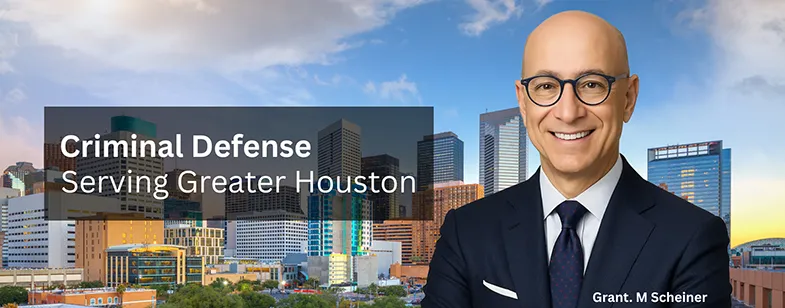
In Texas Public Radio’s story, “10 Things About The Sandra Bland Traffic Stop that Every Texan Should Know,” Rhonda Fanning provides some useful information for Texas motorists. But some of the statements in the article are inaccurate and some are just plain confusing. For example, it is inaccurate to say that an officer has “no right” to instruct someone to get out of his/her car during a traffic stop, or that an officer has to express some valid reason.
The officer here apparently didn’t have lawful justification for removing the motorist from her vehicle and prolonging the stop. The motorist was correct to point that out, but she didn’t have a right to physically resist. The article is confusing in that it doesn’t clearly differentiate between things a police officer is legally obligated to do — like have probable cause to initiate an arrest – versus things that an officer should do, in accordance with his training.
Here’s an even shorter list of rights and practical advice in a traffic stop or police encounter:
- You don’t have to answer any questions, except to state your correct name and address & produce necessary documents (like DL and insurance);
- You do have the right to ask questions (like, “am I free to leave?” and, “why are you arresting me?”), but… the cop doesn’t have to answer;
- You have the right (and you should exercise it!) to tell the officer whenever you disagree with a request (such as asking for permission to search your vehicle or to have you step outside your vehicle). But… you should never argue or fight with a police officer. After you’ve politely let the cop know you disagree, go ahead and comply with his request.
It’s important to remember that you are probably being video recorded, so always be polite and do not use foul or abusive language when dealing with a police officer. If your traffic stop or police encounter results in a ticket or arrest and you believe your rights were violated, get a good Houston criminal defense lawyer and go kick the cop’s butt in court.
All of this may be little comfort to a person who gets illegally stopped or detained, mistreated and falsely arrested. Many people go to jail and spend days, weeks or longer in lock-up, because they are too poor to post bond. Some lose their jobs because of unlawful arrests. And about that good lawyer who will kick the cop’s butt in court? Not everyone gets one of those.

